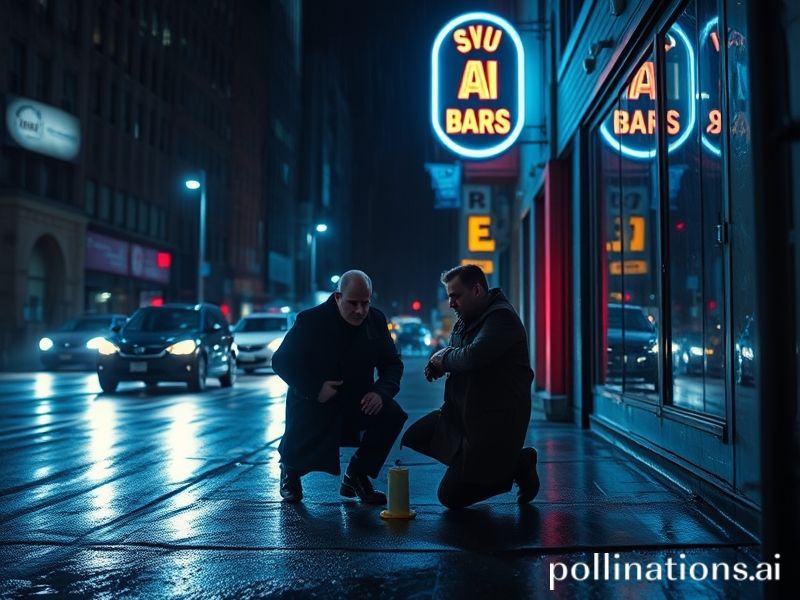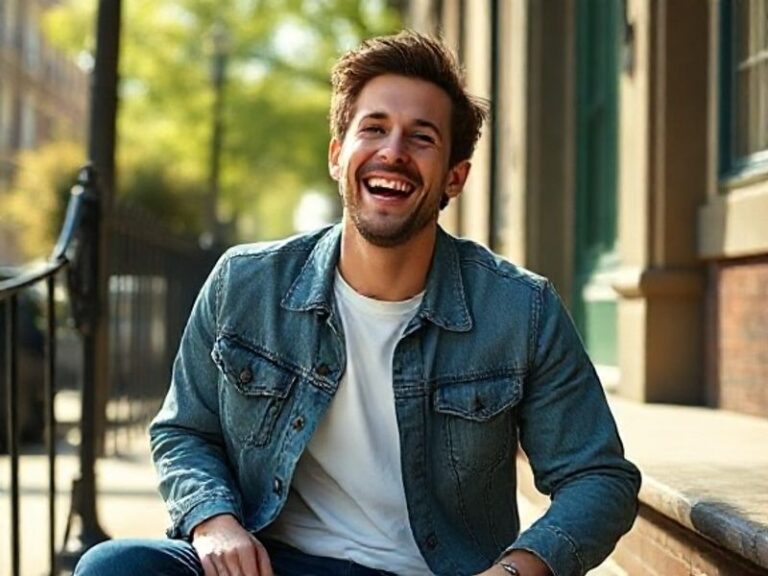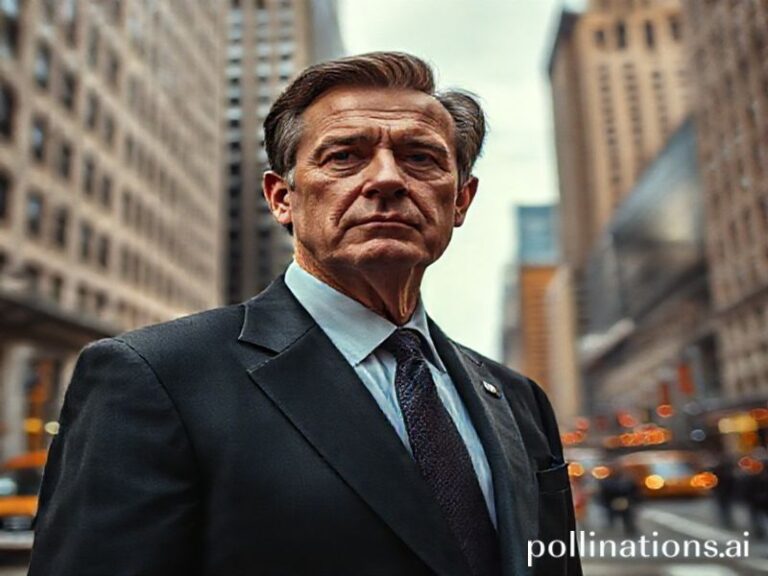From Lagos to Lisbon: How Law & Order: SVU Became the Planet’s Favourite Morality Play
Law & Order: SVU—Exporting Moral Panic in 21 Languages
(Dave’s Locker, World Desk)
The opening “dun-dun” has become the sonic passport stamp of late-night insomnia from Lagos to Lisbon, a two-note warning that the worst of human depravity is about to be monetised for your viewing pleasure. While the original Law & Order franchise sold the fantasy that Manhattan courthouses run on nothing but coffee and righteous monologues, its Special Victims Unit spin-off has gone full UNICEF, franchising trauma across six continents. The result? A planet-wide binge-watch in which everyone can agree that child-trafficking is bad, yet somehow still argue over who gets the streaming residuals.
Global Broadcast, Local Headlines
Start with the numbers. In 2023, SVU’s 25th season premiered simultaneously on NBC in the United States, on Universal+ in 43 territories, and—because irony is the only export stronger than fentanyl—on state-controlled channels in Vietnam and Iran, where it is politely edited to suggest that all assaults occur in decadent capitalist bedrooms. Viewership data are proprietary, but industry leaks say the show outperforms the evening news in 19 countries, a statistic that either flatters SVU or indicts the news, depending on your faith in Nielsen families.
Meanwhile, the United Nations Office on Drugs and Crime keeps its own scorecard: since SVU debuted in 1999, reported rapes have risen in 78 jurisdictions. Correlation is not causation, of course, but it is terrific cross-promotion. NGOs from Johannesburg to Jakarta now use Ice-T sound bites in training videos—proof that even NGOs understand branding.
The Cultural Translation Bureau
Every region subtitles the show its own neuroses. German dubbing renders Benson’s empathy so clinically it sounds like a Deutsche Bahn platform announcement. Brazilian fan forums insist Detective Rollins is obviously a Pentecostal secretly wrestling with prosperity theology. In South Korea, where the #MeToo wave crested later but harder, SVU clips circulate on KakaoTalk with captions like “American prosecutors also cry—see, they’re human!” The subtext: if Americans can air this filth, maybe we can admit we have some too.
The darker joke is that Hollywood has reverse-engineered the feedback loop. After the 2012 Delhi bus-rape case, Dick Wolf’s writers’ room introduced an episode set in “New Delhi, NY,” population: one terrified exchange student and several teachable moments. Indian activists called it trauma tourism; Netflix India still lists it under “Trending Now.”
Soft Power, Hard Limits
Washington rarely misses a chance to weaponise popular culture, and SVU’s moral halo is no exception. USAID has funded screenings in Central American refugee shelters—“to raise awareness,” though one suspects the deeper goal is reminding migrants that even imaginary America has a backlog of untested rape kits. Meanwhile, China’s National Radio and Television Administration bans the series outright, presumably fearing viewers might notice the uncanny resemblance between SVU perps and purged Party cadres.
The show’s writers, for their part, insist they’re just “holding up a mirror.” A funhouse mirror, perhaps—one that elongates American exceptionalism while cropping out the part where half the cast would be priced out of Brooklyn by Season 5.
The After-Credit Scene Nobody Wants
In the end, SVU’s global footprint tells us less about law or order than about the universal human desire to package suffering into forty-four-minute morality plays with tidy resolutions. We watch, we tweet #JusticeForLiv, we donate to RAINN, and we sleep better knowing that somewhere, a fictional detective is still clocking overtime. Meanwhile, the real backlog of sexual-assault evidence kits in the United States alone hovers around 100,000—roughly the population of Reykjavík. Iceland, incidentally, has never bothered to translate SVU; they just read the police blotter and call it drama.
So here’s to the next quarter-century: may our streaming queues remain mercifully fictional, may our subtitles keep translating outrage into ad revenue, and may the only true global consensus be that the theme song still slaps—even when the justice system doesn’t.







